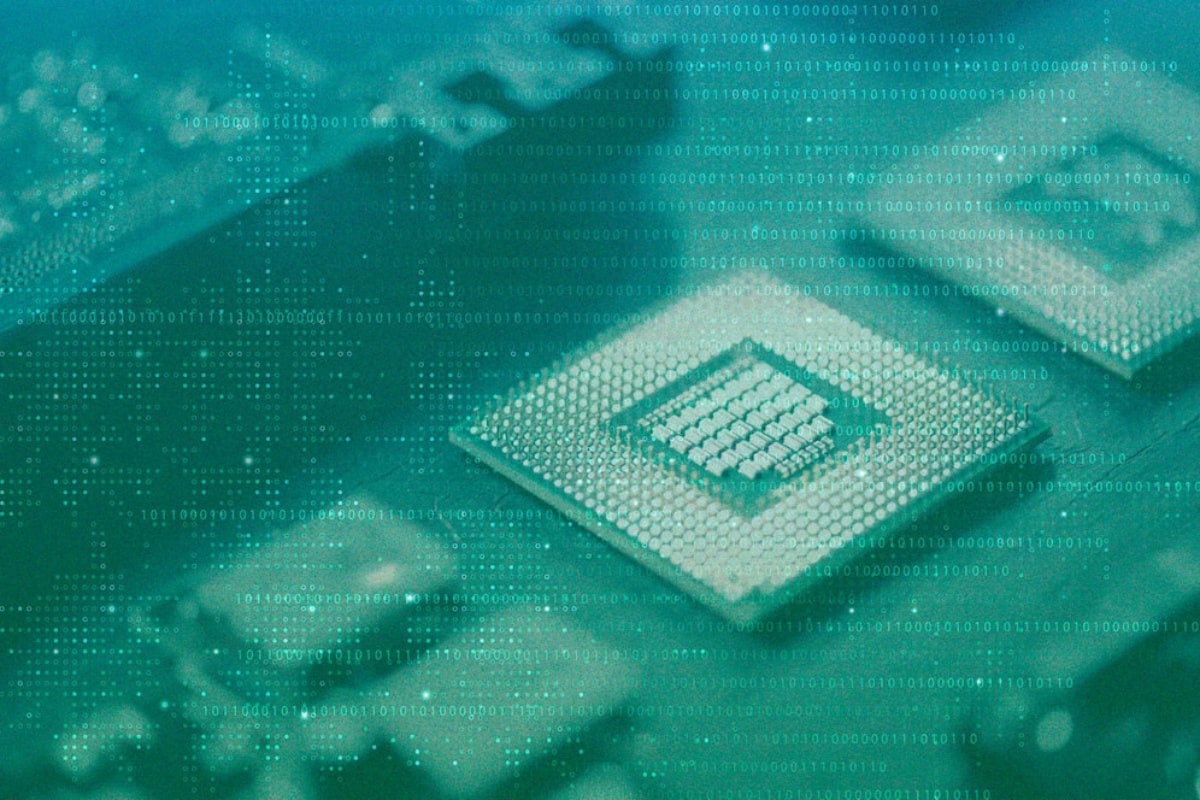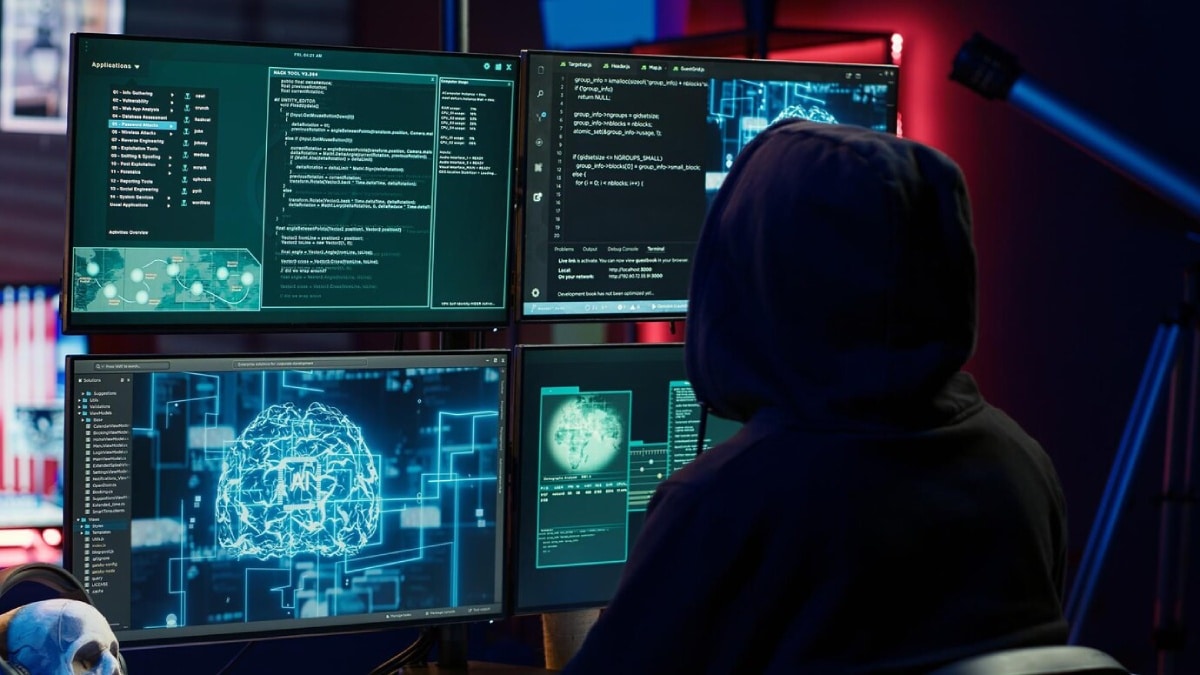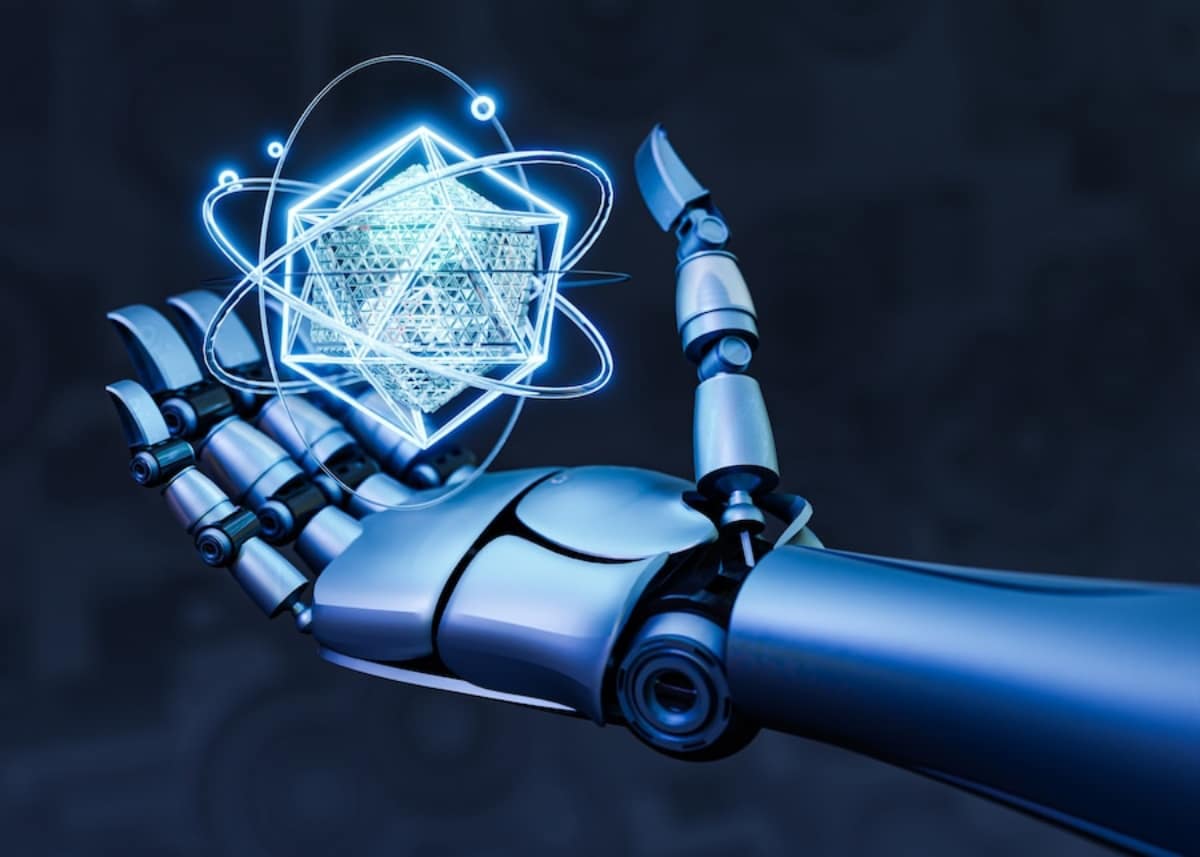
Quantum Computing in Cybersecurity: The Next Evolution
Quantum computing is no longer the stuff of science fiction. It has emerged as one of the most exciting fields of advanced technology, promising to revolutionise many industries. Quantum computing and cybersecurity are closely linked. This strong computing method might change how we secure sensitive data. Quantum computing can solve tough problems like never before. This ability may challenge and improve current encryption methods. As a result, it could usher in a new era of cybersecurity.
Cybersecurity is an ever-growing concern in our increasingly digitised world. With more data being shared and stored online, ensuring the protection of that information has never been more critical. While effective, traditional encryption techniques are becoming more vulnerable as computing power advances. Quantum computing can handle large data sets at once. This power may reveal flaws in current encryption methods. It also promises stronger, better solutions.
In this blog post, we’ll look at how quantum computing affects cybersecurity. We’ll discuss the risks and the opportunities it brings. We’ll explore the basics of quantum computing and encryption. Then, we’ll see how quantum algorithms might crack current security systems. Finally, we’ll discuss how the industry is adjusting to quantum-safe encryption. By the end of this post, you’ll have a comprehensive understanding of quantum computing’s role in the future of cybersecurity.
What is Quantum Computing?
Before we explore how quantum computing affects cybersecurity, we need to know what quantum computing is. It’s also important to see how it differs from classical computing.
Classical vs Quantum Computing
Classical computers, the ones most of us use every day, rely on bits to store and process information. A bit is the basic unit of data, which can be either a 0 or a 1. Classical computers process information in binary, using logical operations on individual bits.
Quantum computers, on the other hand, use quantum bits or qubits. Unlike classical bits, qubits can exist in multiple states at once due to a phenomenon called superposition. Quantum computers can process huge amounts of information at the same time. This makes them much more powerful than classical computers for some tasks.
Another key concept in quantum computing is entanglement. When qubits are entangled, the state of one qubit is directly related to the state of another, even if they are separated by large distances. This interconnectivity enables many calculations to happen at once. These computations exceed what classical computers can do.
Superposition and entanglement make quantum computers powerful. They can solve problems in cryptography, optimisation, and material science. Classical computers would need millions of years to tackle these issues.
The Current State of Cybersecurity

Today’s cybersecurity relies a lot on traditional encryption methods, especially public-key cryptography. Public-key cryptography uses pairs of keys: a public key that can be shared openly and a private key that is kept secret. This system enables secure communication. Only the private key can decrypt messages that the public key encrypts.
However, as computing power increases, so does the ability to break these encryption schemes. Classical computers struggle with brute-force attacks, where they try every key combination. However, with enough time and resources, they can still break some types of encryption. The threat of faster, more powerful computing systems has raised alarms about the vulnerability of our sensitive data.
Quantum computing’s unique properties raise even more significant concerns. Quantum computers could break common encryption methods, such as RSA and ECC. These methods are key to secure online communications today.
How Quantum Computing Threatens Cybersecurity
Quantum computers can solve some math problems faster than classical ones. This is especially true for problems related to current encryption methods. Let’s take a closer look at the risks quantum computing presents to cybersecurity.
1. Breaking Current Encryption Methods
The most concerning threat posed by quantum computing is its ability to break existing encryption methods. Shor’s algorithm is a quantum algorithm created in 1994. It can factor large numbers into prime factors easily. Classical computers find this task difficult. RSA encryption depends on factoring large numbers, which is a hard task. Shor’s algorithm lets a quantum computer crack RSA much faster than classical computers can.
Elliptic Curve Cryptography (ECC) is often used for digital signatures and key exchange. It depends on the difficulty of the elliptic curve discrete logarithm problem. Quantum computers could also solve this problem quickly. This undermines the security of systems that depend on ECC.
2. Impact on Secure Communication
Quantum computers could also have a significant impact on secure communication protocols. Many protocols keep online communications safe. Examples include Transport Layer Security (TLS) and Secure Sockets Layer (SSL). They use public-key encryption. These protocols protect everything from email exchanges to online banking transactions. Quantum computers might break the encryption used in these protocols. If that happens, the security of nearly all online communication could be in danger.
3. Risk to Blockchain Technology
Blockchain technology underpins cryptocurrencies like Bitcoin. It uses public-key cryptography to secure transactions and keep the distributed ledger safe. Quantum computers may endanger blockchain security. They can break the encryption that verifies transactions and protects wallets. This could lead to major disruptions in the cryptocurrency market, as well as a broader loss of trust in blockchain-based systems.
Quantum-Safe Cryptography: The Future of Cybersecurity
Quantum computing poses serious threats, making quantum-safe cryptography essential. Quantum-safe cryptography, or post-quantum cryptography, focuses on creating new algorithms. These algorithms must resist attacks from quantum computers.
1. Lattice-Based Cryptography
One of the leading contenders for quantum-safe cryptography is lattice-based cryptography. Lattice-based algorithms use the math of lattices. These structures are very strong against quantum attacks. These algorithms use methods like encryption, digital signatures, and key exchange. They are thought to be safe from quantum attacks.
Lattice-based cryptography is getting a lot of attention from the National Institute of Standards and Technology (NIST). They are working to standardise algorithms that resist quantum attacks. In 2022, NIST chose several lattice-based algorithms for standardisation. The goal is to develop encryption methods that are secure and efficient.
2. Code-Based Cryptography
Another promising approach to post-quantum cryptography is code-based cryptography. These cryptographic systems depend on the difficulty of decoding random codes. Quantum computers likely can’t solve this problem quickly. Code-based cryptography has been researched for decades. It is a solid field in quantum-resistant encryption.
3. Hash-Based Cryptography
Hash-based cryptography relies on hash functions. These functions take an input and give a fixed-length output. Hash functions aren’t weak against quantum attacks like traditional encryption. However, hash-based digital signatures could be a good substitute for current systems, such as RSA and ECC.
4. Quantum Key Distribution (QKD)
Quantum Key Distribution (QKD) is a secure way to communicate. It uses quantum mechanics to create a shared secret key between two people. QKD relies on quantum physics principles like superposition and entanglement. If someone tries to eavesdrop, it will disturb the key’s quantum state. This disturbance makes the eavesdropping detectable by the parties involved.
QKD is still new, but it could offer unbreakable encryption in the quantum era. It makes sure that if anyone tries to intercept the key, they will be caught.
Preparing for the Quantum Future
The transition to quantum-safe cryptography is not an overnight process. It needs a lot of money for research and development. Also, new cryptographic standards must be put in place. Governments, industries, and cybersecurity experts must work together. They need to prepare systems for quantum computing.
Organisations should assess their current encryption methods. Then, they need to plan for the future. This may mean using quantum-safe cryptographic algorithms. It could also involve upgrading systems for new encryption methods. Finally, we must protect data from quantum attacks.
Developers and organisations in blockchain and cryptocurrency must prioritise quantum resistance. This is important due to the potential threat these technologies face. As quantum computers get stronger, securing digital assets will be more important.
Conclusion: A Quantum-Resilient Future

Quantum computing offers exciting possibilities ahead. It also brings big challenges for cybersecurity. Quantum computers can break current encryption methods. This means we need new, quantum-safe cryptographic solutions to keep our sensitive data safe.
To build a quantum-resilient future, organisations and cybersecurity experts must work together. They need to create quantum-safe encryption methods. Using post-quantum cryptography and quantum key distribution helps keep our digital world safe. This is crucial, especially with the rise of strong quantum computers.
Are you prepared for the quantum revolution in cybersecurity? Stay ahead of the curve by learning more about quantum-safe cryptography and its potential impact on your industry. Stay updated with new research, use quantum-resistant tech, and help secure digital communications for the future.


